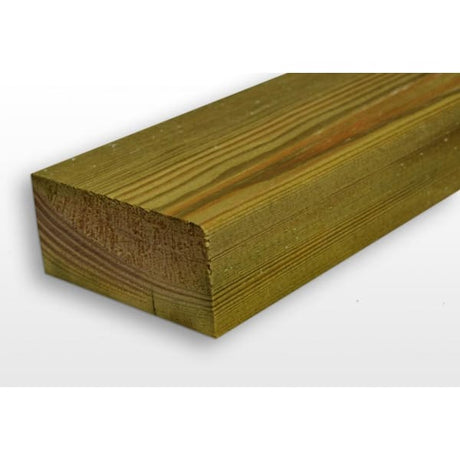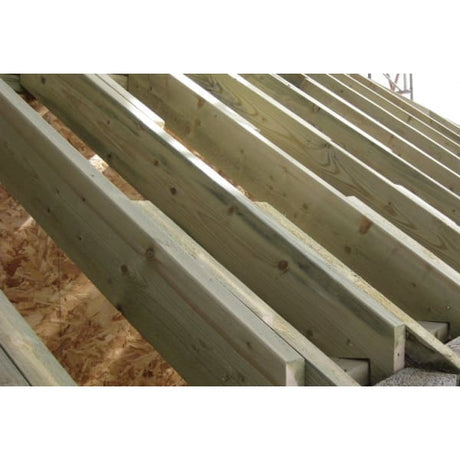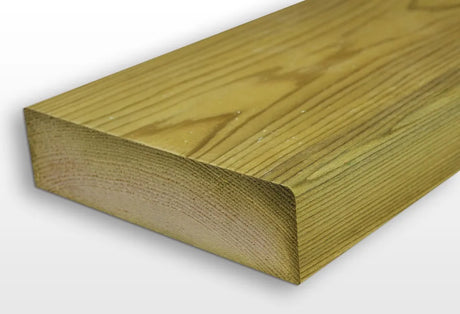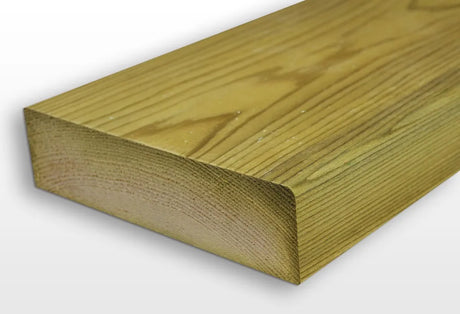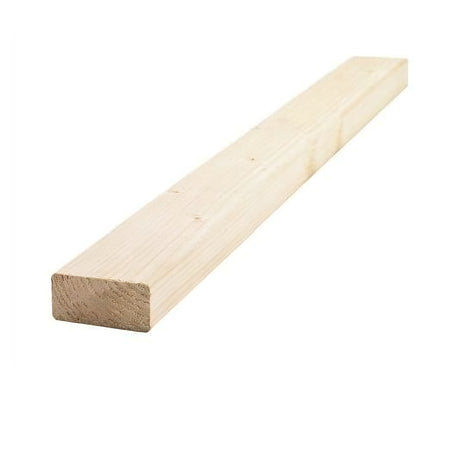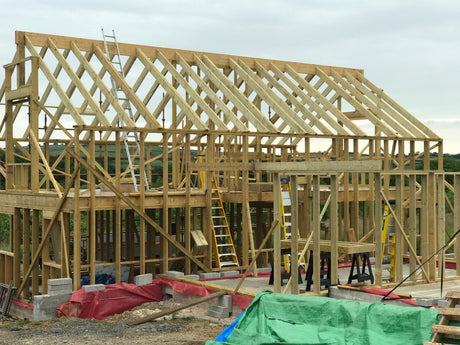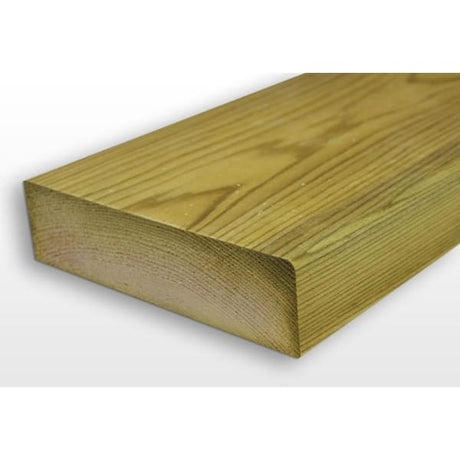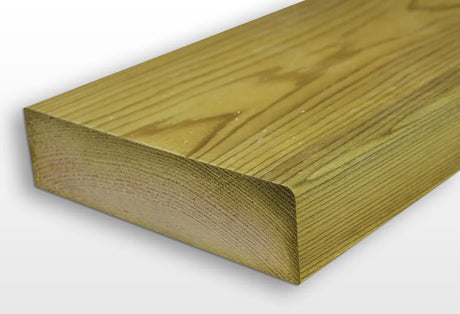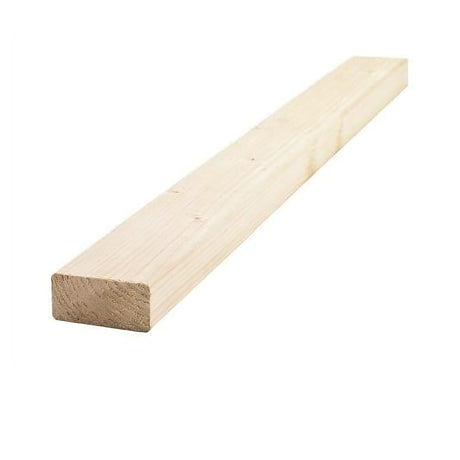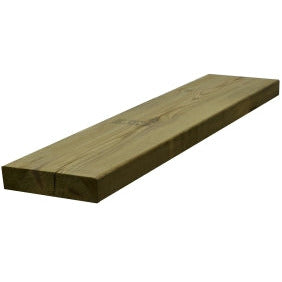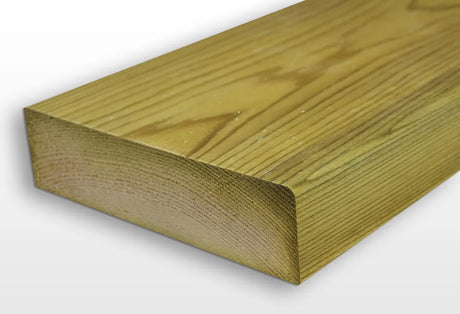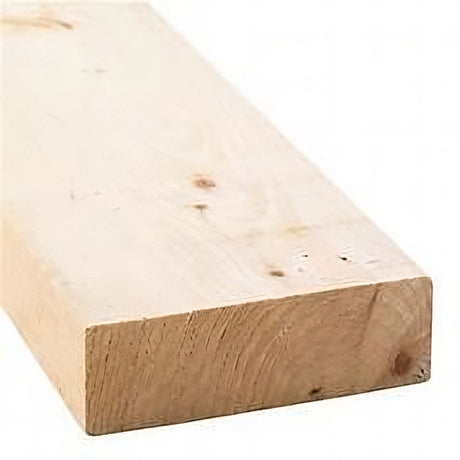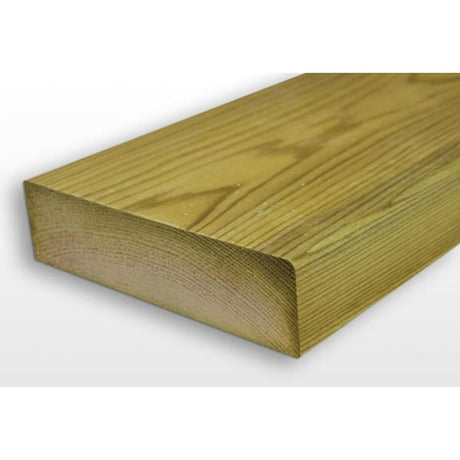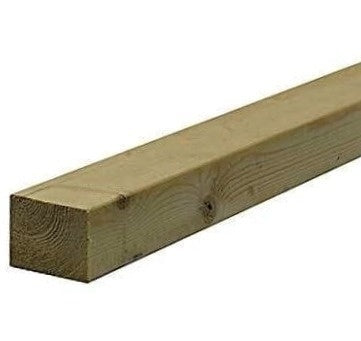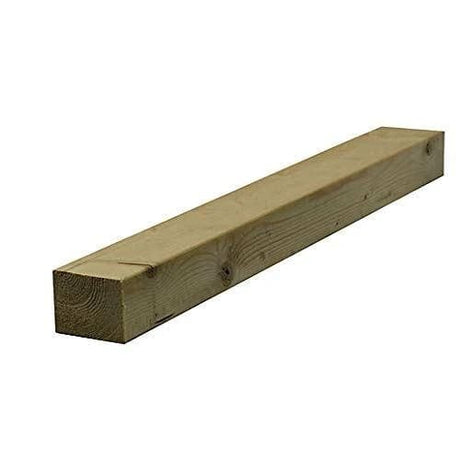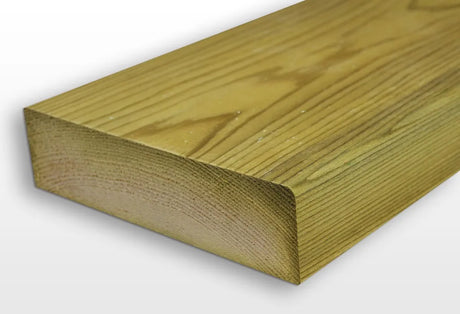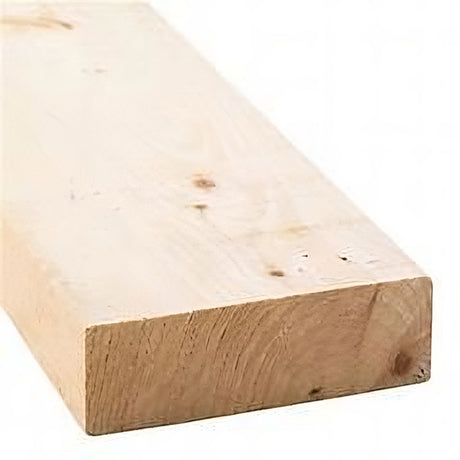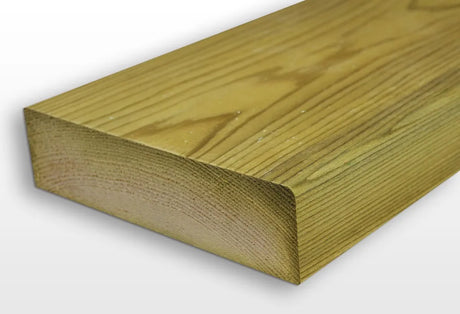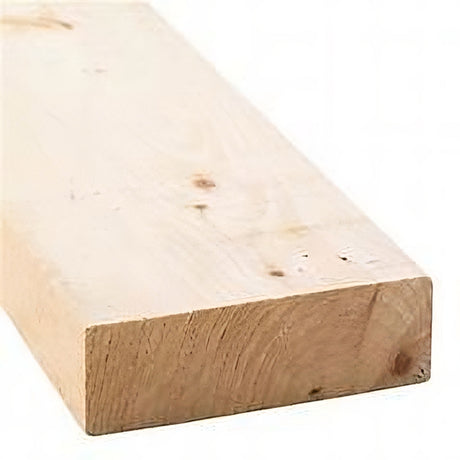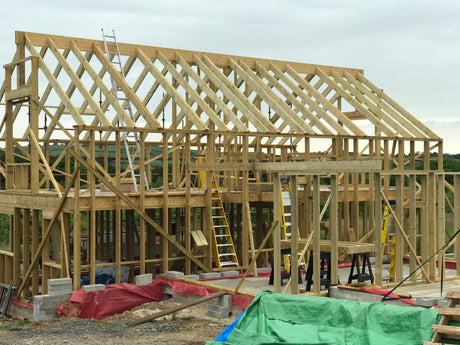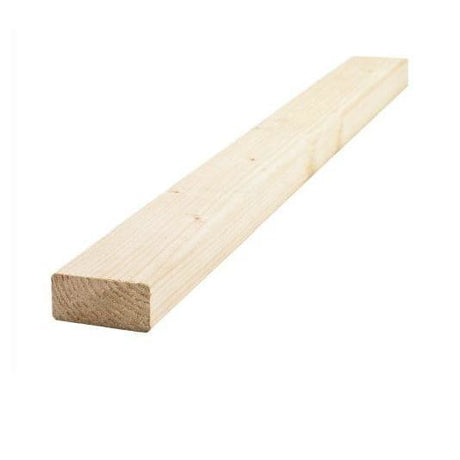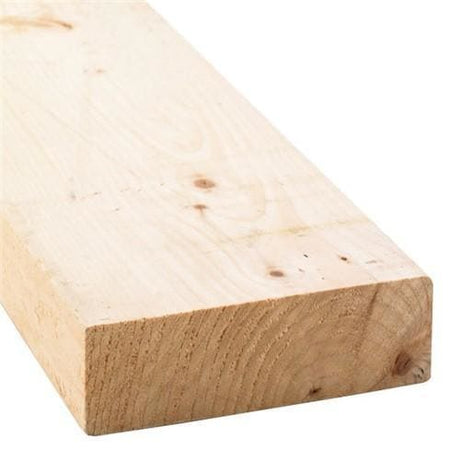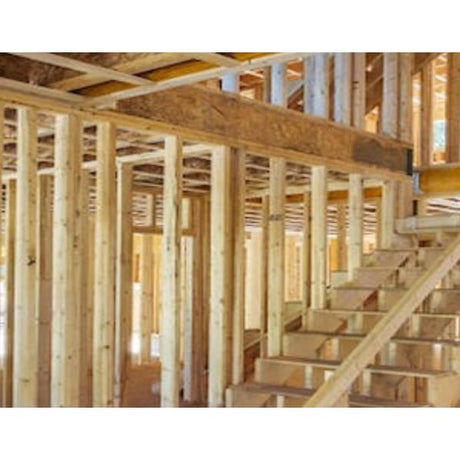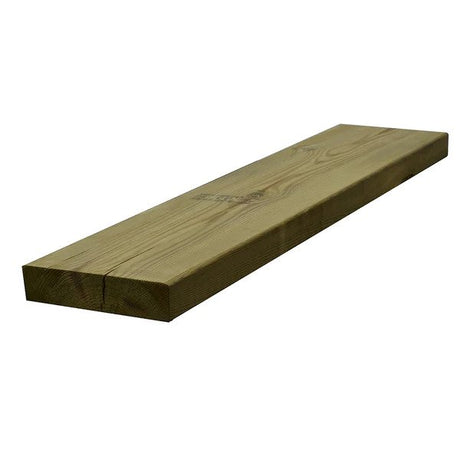Arranwood
3x2 Timber (47X75mm) C16 Graded Tanalised Treated
From £5.00Unit price /UnavailableIn stock (5449 units)Arranwood
6x2 Treated Timber Joist (45x145mm)
From £7.00Unit price /UnavailableIn stock (15593 units)Arranwood
4x3 Treated Timber Wallplate (70x95mm) C16 Graded
From £8.00Unit price /UnavailableIn stock (4902 units)
{PRODUCT_DESCRIPTION}
Delivery is free to Mainland England and Wales. Deliveries are chargable to Scotland.
Once the order is placed, our courier will call you within 3 working days to arrange a delivery date. If you do not hear from the courier within 3 days, please get in touch with us. The majority of deliveries are made within 7 days, occasionally a little longer during peak periods.
We offer all bricks with a tail lift offloading service, Please familiarise yourself with the information below. Crane offloading is available as a premium service for some bricks.

FAQ
All of our C16 and C24 graded timber is regularised
Regularised timber is timber that has been processed to have a uniform shape and size. This means that the wood has been sawn and planed to remove any irregularities and ensure that each piece of wood has consistent dimensions. Regularised timber is often used in construction, particularly in the framing of buildings, as it is easier to work with and can be more efficiently installed than irregularly shaped timber.
We have one of the largest ranges of timber lengths, dimensions and grades available to buy online.
The variation you require will determine the exact lead time and delivery method.
Most orders arrive within 3-4 days, the maximum is 7 days. Please get in touch before you order if you need a specifc delivery date.
Delivery charges vary by postcode. To find out the delivery charge, add the item(s) you require to your basket and select CALCULATE SHIPPING at the bottom of the page.
Some orders are delivered on our own vehicles based in Leicestershire and Cheshire. We also use carriers including Yodel and Tuffnells. For some sizes and locations we use regional distributors.
If you'd prefer crane offloading rather than tail lift vehicle offloading for your brick order then this service is available for the majority of bricks that we sell. Charges are shown at checkout.
For deliveries of less than 6 packs then Taillift offloading is normally a more cost effective option



